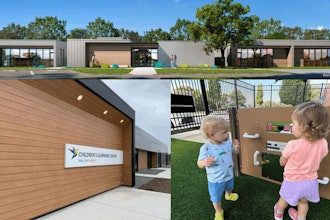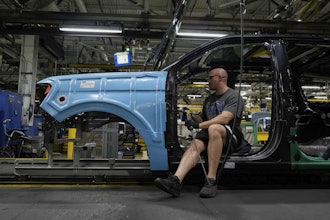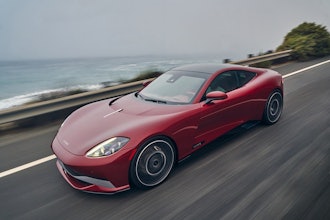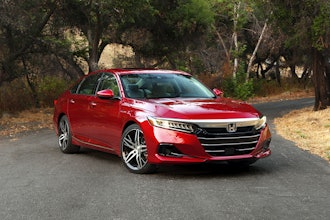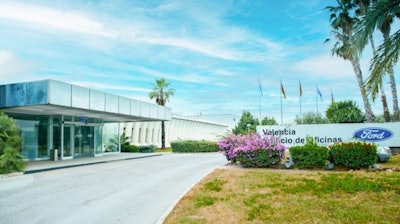
Ford in Europe confirmed that it has chosen its plant in Valencia, Spain, as the preferred site to assemble vehicles based on a next-generation electric vehicle architecture. Pending product approval, the Valencia plant could produce breakthrough electric and connected vehicles beginning later this decade.
Ford is also moving forward with a $2 billion conversion of its Cologne, Germany, operations to begin producing electric passenger vehicles starting in 2023. Ford’s European strategy calls for a line-up of electric vehicles, including an electric version of the Ford Puma, electric Ford Pro vehicles and connected services. By 2026, Ford in Europe plans to sell 600,000 electric vehicles annually.
“We are committed to building a vibrant, sustainable business in Europe as part of our Ford+ plan, and that requires focus and making tough choices,” said Jim Farley, Ford president and CEO. “The European auto industry is extremely competitive, and to thrive and grow we can never settle for less than unbelievably great products, a delightful customer experience, ultra-lean operations and a talented and motivated team.”
The decision announced today followed the conclusion of consultations with teams in Valencia, Spain and Saarlouis, Germany. Ford’s plant in Saarlouis will continue to produce the Ford Focus passenger car, while the company is also evaluating options for future site concepts.
Ford reiterated its commitment to Germany as the headquarters of its European Model e business and the site of its first domestic European electric vehicle production. The Cologne Electrification Center will start production in late 2023.















